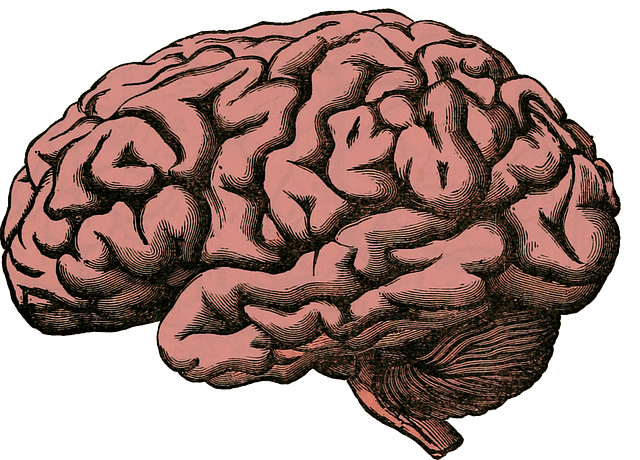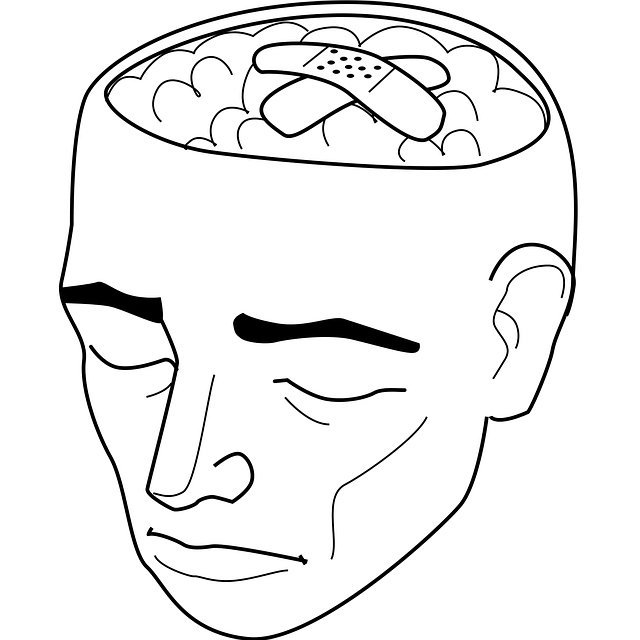Lakewood Adolescent and Teen Therapy offers specialized crisis intervention services, empowering teens with coping skills and resilience. By identifying red flags like behavioral changes, mood swings, or withdrawal, their therapists conduct risk assessments and implement practical strategies to enhance emotional well-being. The ultimate goal is to create safe spaces for expression, build long-term mental health stability, and prevent future crises.
“Crisis intervention is a vital aspect of adolescent well-being, as evidenced by the comprehensive programs at Lakewood Adolescent and Teen Therapy. This article explores essential strategies for navigating youth crises effectively. We’ll delve into understanding crisis intervention as a cornerstone of therapeutic practices, identifying red flags for early detection, and providing practical tools to empower therapists in supporting young individuals during challenging times. By implementing these strategies, therapists can foster resilient outcomes.”
- Understanding Crisis Intervention: A Cornerstone of Lakewood Adolescent and Teen Therapy
- Identifying Red Flags: Early Detection for Effective Interventions
- Practical Strategies: Empowering Therapists and Supporting Youth in Crisis
Understanding Crisis Intervention: A Cornerstone of Lakewood Adolescent and Teen Therapy

At Lakewood Adolescent and Teen Therapy, we recognize that crises are a part of life, and they can significantly impact young individuals. Our understanding of crisis intervention forms the cornerstone of our therapeutic approach. We believe in empowering adolescents and teens with effective coping skills to navigate through challenging situations. This proactive strategy is essential in fostering resilience and promoting long-term well-being.
Through our specialized services, we provide guidance on Crisis Intervention Guidance, focusing on teaching young people valuable tools for Stress Management. Our therapists help individuals identify triggers, develop healthy coping mechanisms, and build a support system to effectively deal with crises. By addressing these issues head-on, Lakewood Adolescent and Teen Therapy aims to prepare teens for the future, ensuring they have the resources needed to overcome life’s obstacles.
Identifying Red Flags: Early Detection for Effective Interventions

Early identification of red flags is a cornerstone of effective crisis intervention strategies, especially when tailored to adolescents and teens, as seen in services provided by Lakewood Adolescent and Teen Therapy. Mental health professionals must be adept at recognizing subtle changes in behavior, mood, or communication patterns that could signal an impending crisis. This involves keen observation and understanding the nuances of youth psychology. Red flags might include persistent feelings of sadness, extreme irritability, dramatic changes in appetite or sleep patterns, withdrawal from social activities, or expressions of hopelessness.
By incorporating mental health awareness and depression prevention techniques into their practice, professionals can conduct thorough risk assessments, enabling them to intervene proactively. This proactive approach is vital in mitigating the risks associated with youth at crisis points. Lakewood Adolescent and Teen Therapy’s expertise lies in equipping mental health professionals with the tools to navigate these complex situations, ensuring a supportive environment for healing and growth.
Practical Strategies: Empowering Therapists and Supporting Youth in Crisis

At Lakewood Adolescent and Teen Therapy, we recognize that crisis intervention is a delicate yet critical process. Empowering therapists to effectively support youth in crisis involves equipping them with practical strategies that foster emotional well-being promotion techniques. These methods aim to enhance mood management skills, enabling adolescents to navigate intense emotions during challenging times.
Through tailored interventions, therapists can guide young individuals through the emotional healing processes. By implementing these strategies, therapists create a safe space for expression and help clients develop resilience. The ultimate goal is to equip them with the tools necessary to prevent future crises and promote long-term mental health stability.
Crisis intervention is a vital aspect of mental health support, especially within the context of Lakewood Adolescent and Teen Therapy. By understanding the key principles outlined in this article, therapists can effectively navigate and de-escalate crises. Identifying red flags early on is crucial for successful interventions, allowing professionals to empower both themselves and the youth they support. The practical strategies suggested equip therapists with valuable tools to foster a safe and supportive environment, ultimately enhancing their ability to assist young individuals during times of crisis.










